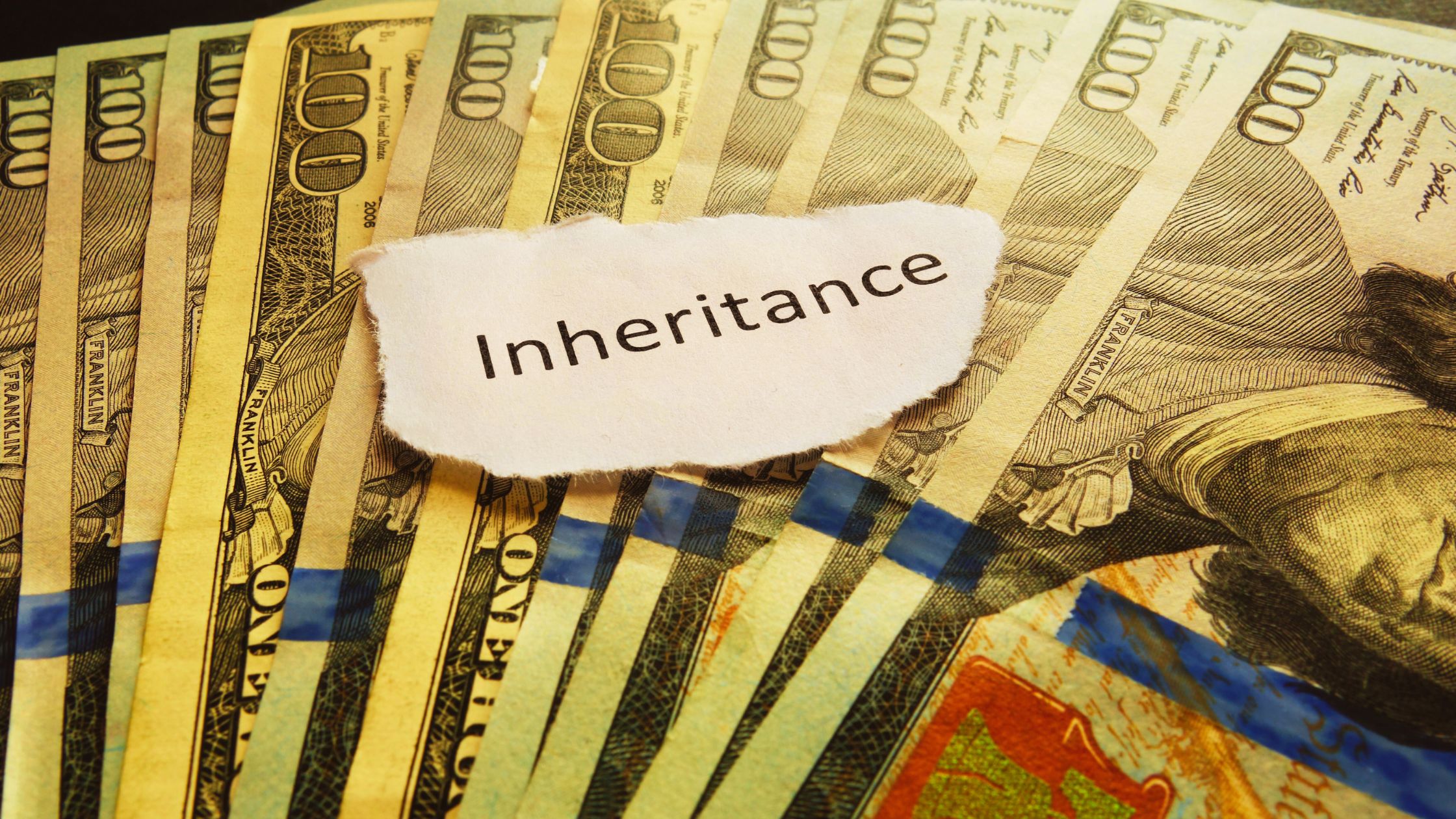Hidden in Your 401(k) Might Be a Golden Tax Opportunity
If you’ve built up company stock inside your 401(k), you’re sitting on a potentially powerful tax strategy called Net Unrealized Appreciation (NUA). But many high-earning Gen X professionals and executives don’t know it exists, or use it too late. This tax planning strategy could help you reduce your tax burden, accelerate early retirement, and increase the legacy you leave.
This blog unpacks what NUA is, why it matters, and how to apply it smartly. If you’re asking, “Should I roll over my 401(k) or use NUA for my company stock?”—you’re in the right place.
What Is Net Unrealized Appreciation (NUA)?
Net Unrealized Appreciation (NUA) is a special IRS tax rule that applies to employer stock held within a qualified retirement plan like a 401(k). Instead of paying ordinary income tax on the entire value of the stock when withdrawn, NUA lets you pay capital gains tax on the stock’s appreciation above your cost basis.
Here’s how it works:
- When you take a lump-sum distribution of your entire 401(k) and move company stock into a taxable brokerage account, the cost basis (what you originally paid for the stock) is taxed as ordinary income.
- The appreciation—the “unrealized” gain—is taxed later, and only at the long-term capital gains rate when you sell.
This tax difference can be significant: ordinary income tax rates go up to 37%, while long-term capital gains are capped at 20% (plus 3.8% Medicare surtax for high earners)¹.
Policy and IRS Context: NUA Comes with Specific Rules
The IRS has detailed requirements to qualify for the NUA tax strategy²:
- The distribution must be lump-sum and made after a triggering event such as separation from service, reaching age 59½, disability, or death.
- You must distribute the entire balance of the 401(k) within one tax year.
- The employer stock must be transferred to a taxable brokerage account, not an IRA.
If these steps aren’t followed correctly, you may lose the NUA benefit and face full ordinary income tax on the entire value of the stock.
Why NUA Matters for Gen X Retirement Planning
The value of NUA is especially compelling for Gen X retirement planning. It benefits those who are:
- High-income earners nearing retirement with concentrated stock positions
- Considering an early retirement or career pivot in their 50s or early 60s
- Looking for a tax-efficient withdrawal strategy
- Aiming to diversify risk and unlock liquidity from company stock
According to the J.P. Morgan Guide to Retirement, Gen X is one of the most stock-concentrated generations due to long tenures at a single employer and growing equity plans³. This means NUA planning could deliver real tax alpha if used properly.
The Tax Math: Real Example of NUA in Action
Let’s say your 401(k) includes $500,000 in company stock. Your cost basis is $100,000.
- You take a lump-sum distribution of the full 401(k).
- You transfer the stock to a taxable account.
- You immediately owe ordinary income tax on the $100,000 cost basis.
- The $400,000 gain is deferred until you sell the stock—and then taxed as long-term capital gains.
Assuming you’re in the 37% income tax bracket, using NUA instead of rolling the stock into an IRA could save over $68,000 in taxes⁴. That’s a powerful boost to your retirement or estate plan.
When to Apply NUA (and When Not To)
Best-fit scenarios:
- You have low cost basis stock with significant appreciation
- You’re planning to retire or separate from your employer this year
- You’re in a high tax bracket now but may sell stock gradually in retirement when you’re in a lower bracket
- You want to diversify away from a single company’s risk while maintaining tax flexibility
Avoid NUA if:
- Your company stock has high cost basis—there’s little tax advantage
- You can’t meet the lump-sum or triggering event rules
- You’re not ready to manage the risk and liquidity of holding stock outside a retirement account
For a deeper dive on company stock strategies, see our blog on retiring with company equity.
How to Strategically Use NUA
A smart NUA rollover aligns with your broader retirement tax planning:
- Model your income needs to understand when to sell
- Coordinate with Roth conversions or charitable giving strategies
- Sell in stages post-retirement to control capital gains
- Use NUA only for the appreciated stock, and roll the rest into an IRA or Roth IRA
Working with a fiduciary advisor ensures that your NUA decision is part of a coordinated plan.
Common Mistakes to Avoid
- Rolling company stock into an IRA—this forfeits NUA benefits
- Missing a qualified triggering event
- Failing to distribute the entire 401(k) in the same tax year
- Not properly calculating or documenting cost basis
- Overlooking the impact of Medicare premiums, surtaxes, and other thresholds
NUA is not a DIY tax move. Small errors can result in large tax bills.
When to Talk to an Advisor About NUA
You should speak with an advisor about NUA if:
- You’re within 1–2 years of a career change or retirement
- You have more than $100,000 in company stock inside your 401(k)
- Your stock has appreciated significantly
- You’re evaluating Roth conversions, charitable gifts, or estate strategies
Net Unrealized Appreciation can deliver six-figure tax savings—but only if it’s done right.
Key Takeaways
- NUA lets you pay capital gains tax instead of ordinary income tax on company stock inside your 401(k), but only if handled correctly.
- Ideal for Gen X professionals with appreciated company stock, especially those near retirement.
- Poor timing or execution can eliminate the benefit, so professional guidance is essential.
Ready to explore how NUA fits into your retirement picture?
Schedule your FREE complimentary, good-fit meeting with a fiduciary advisor at Concurrent Wealth today.
References
- Internal Revenue Service. (2023). Capital gains and losses. https://www.irs.gov/taxtopics/tc409
- Internal Revenue Service. (2023). Retirement Topics – NUA. https://www.irs.gov/retirement-plans/plan-participant-employee/retirement-topics-net-unrealized-appreciation-nua
- J.P. Morgan Asset Management. (2024). Guide to Retirement. https://am.jpmorgan.com
- Kitces, M. (2023). Understanding Net Unrealized Appreciation (NUA). https://www.kitces.com
- Fidelity Investments. (2024). Tax-smart strategies for company stock in your retirement plan. https://www.fidelity.com





